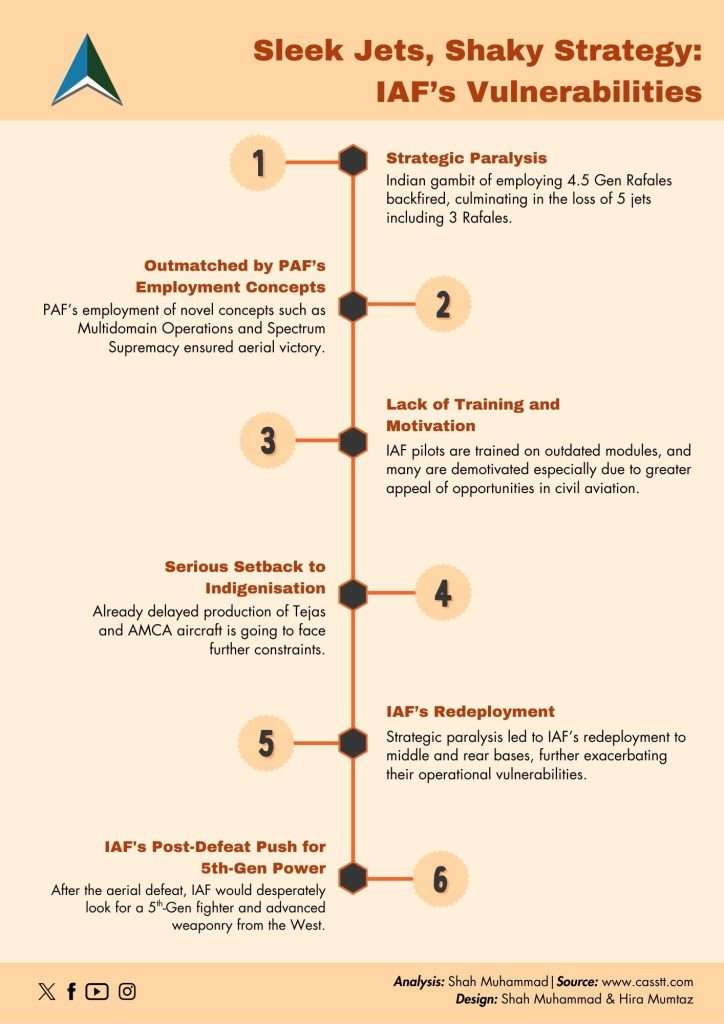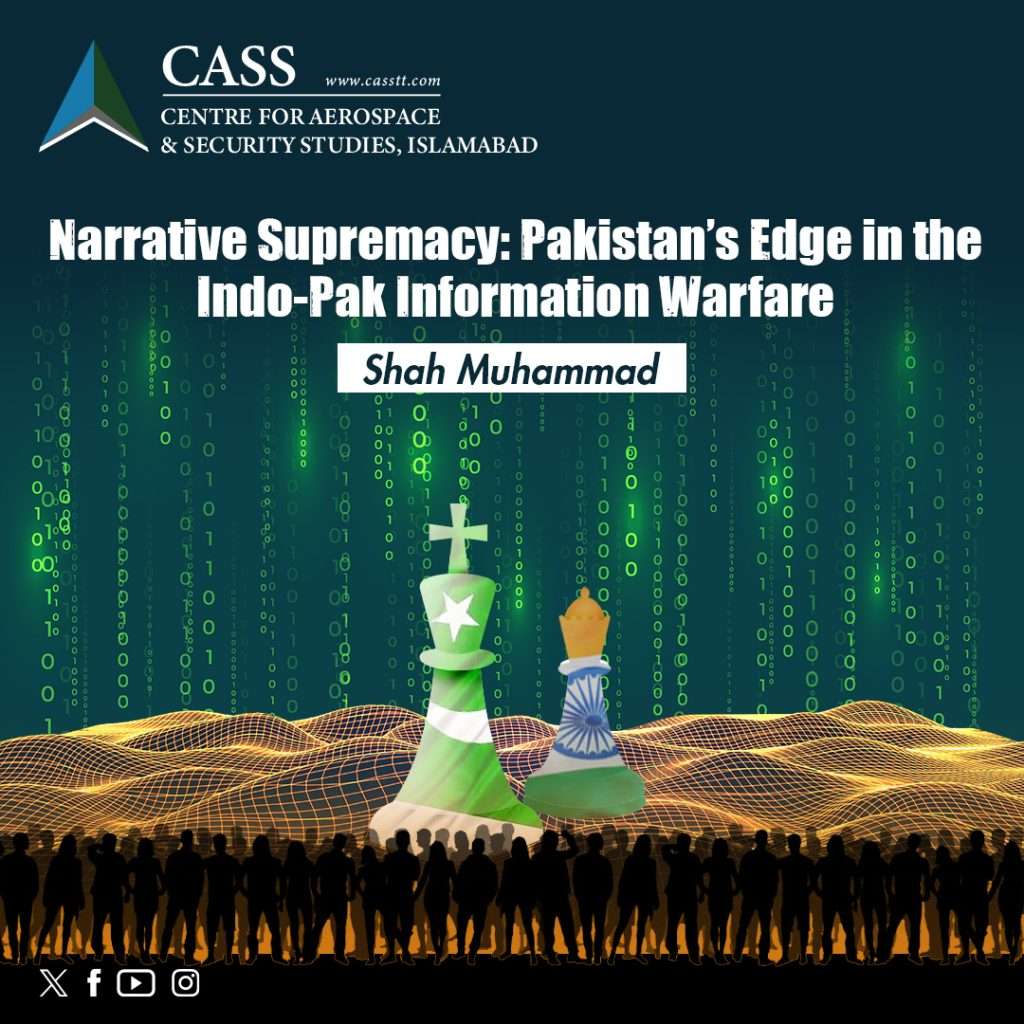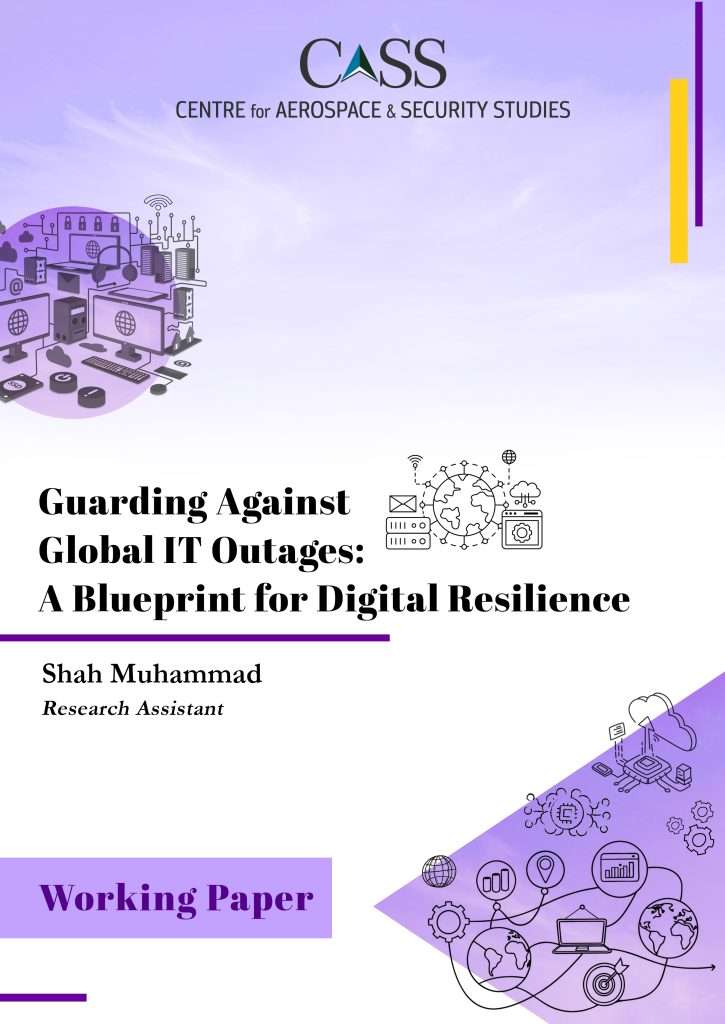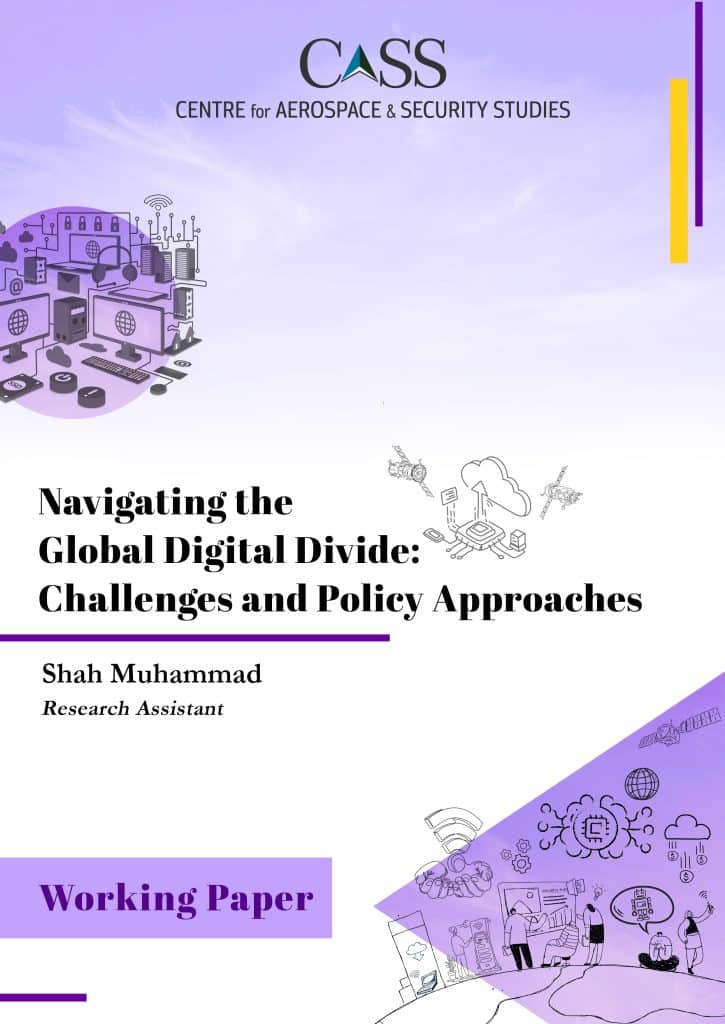
Sleek Jets, Shaky Strategy: IAF’s Vulnerabilities
Download PDF Keywords: #OperationBunyanUnMarsoos #Ceasefire #IAF #PAF #AirPower #Rafale #SouthAsiaSecurity #MilitaryStrategy #CASSInsights #DefenseAnalysis #AirCombat #IndoPakTensions #MultidomainOps Source: Shah Muhammad, Research Assistant, Centre for Aerospace &







